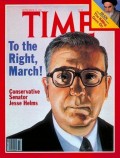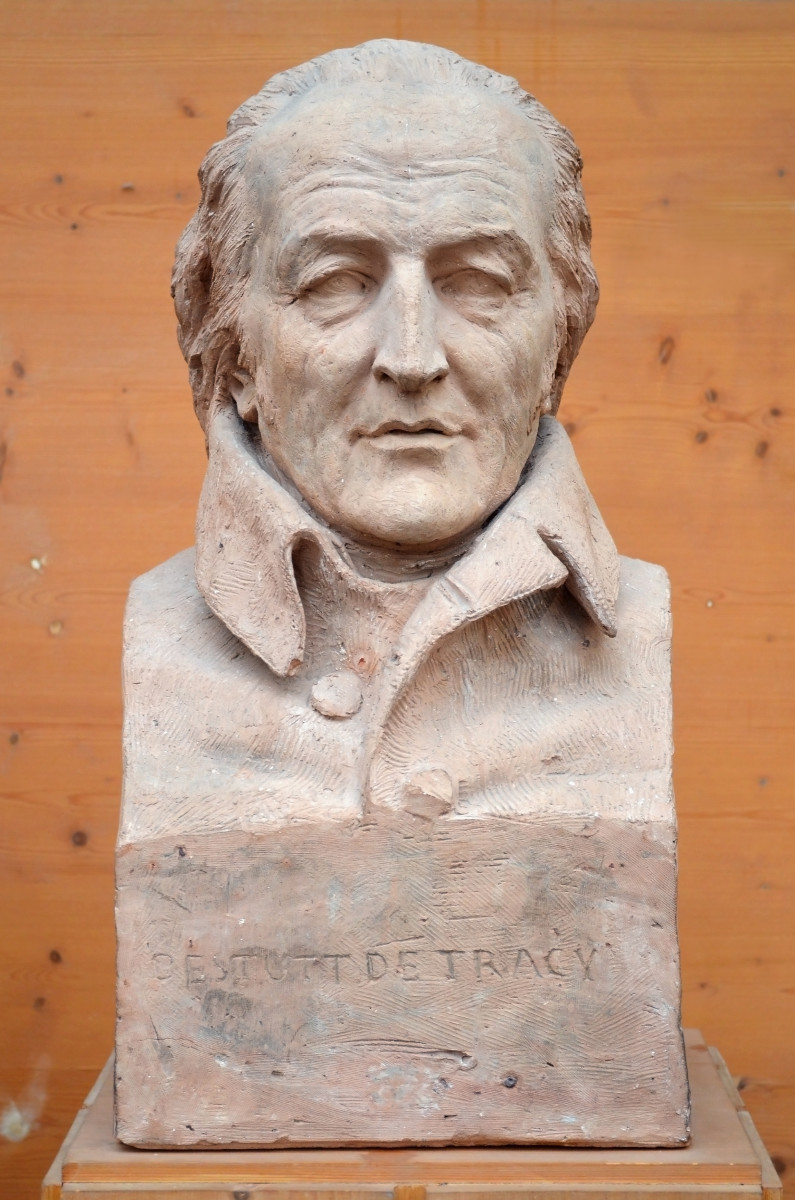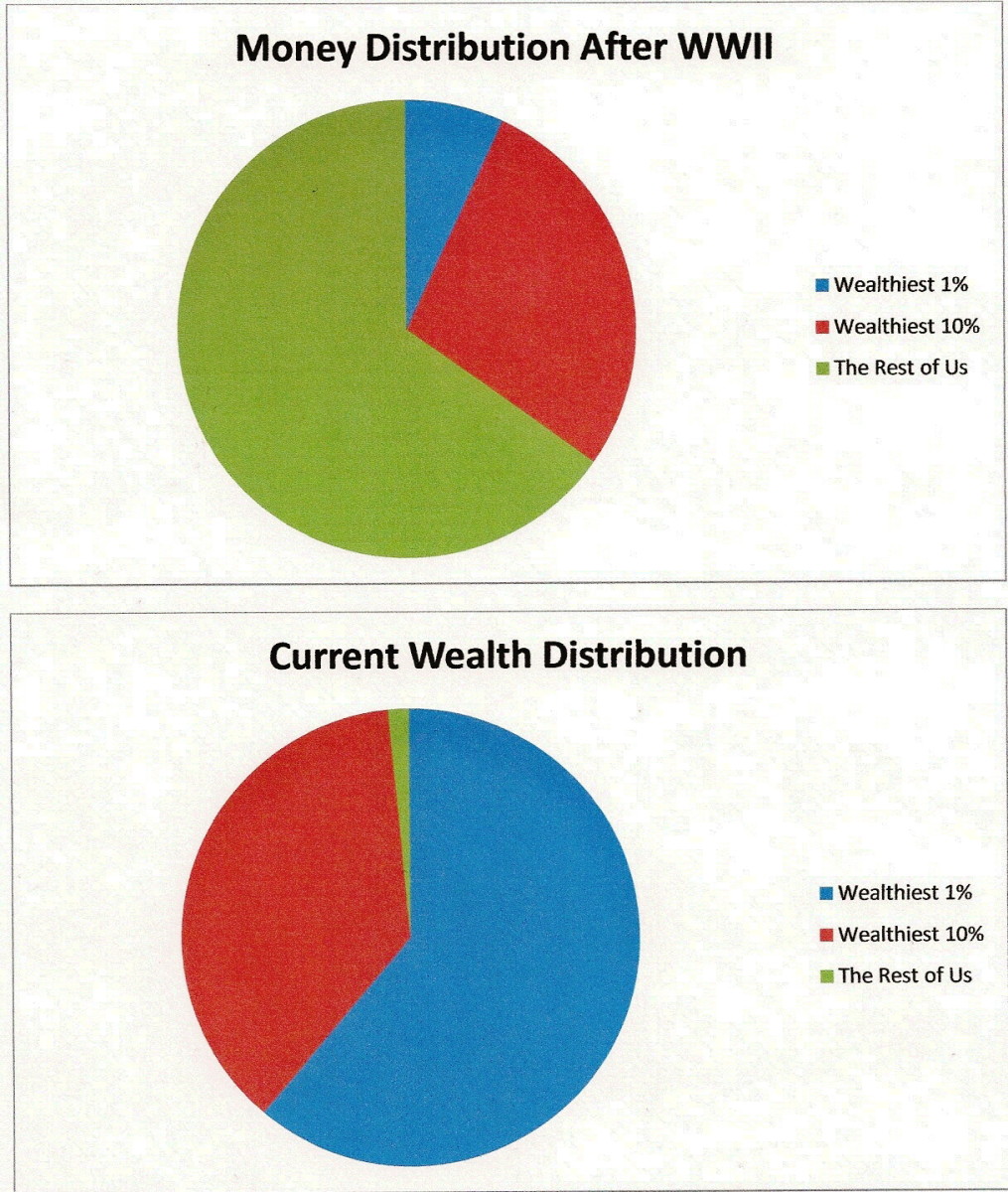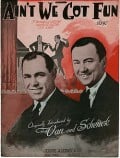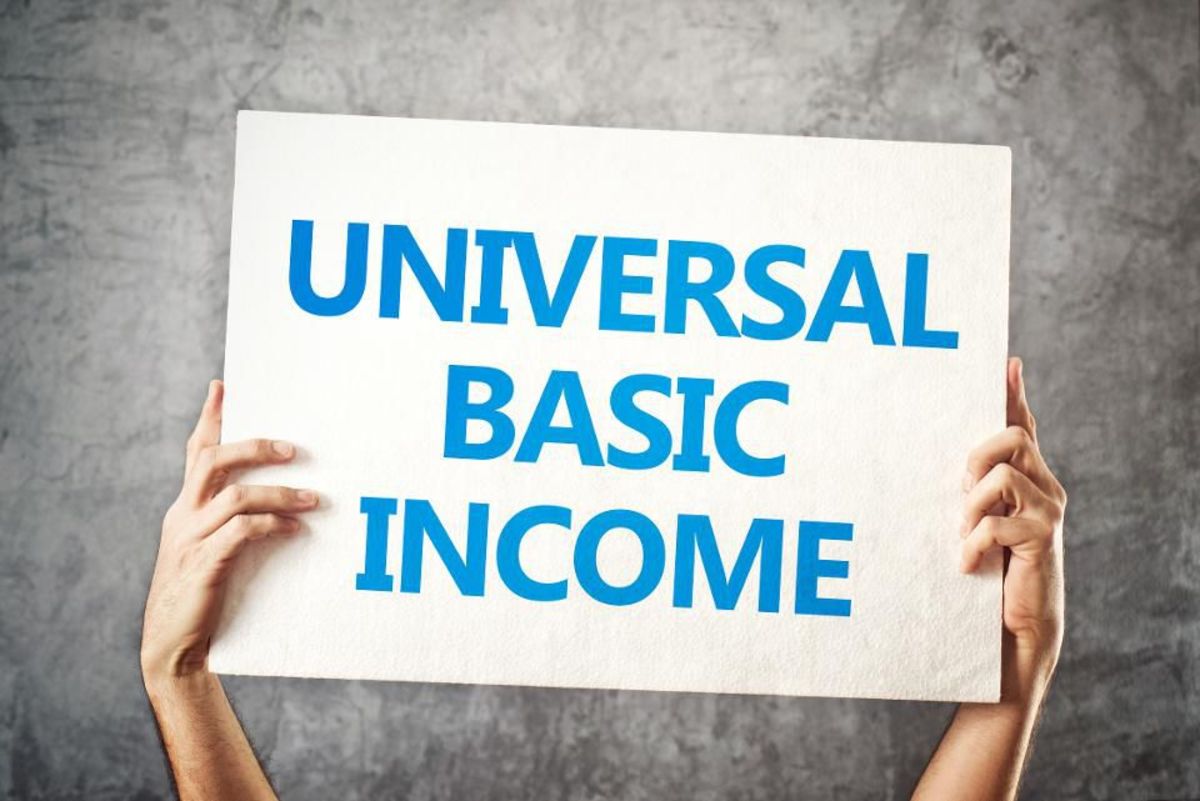The Rise of Modern American Conservatism: Mellon & Hoover
The Origin of Modern Conservatism in America
The Rise of Modern Conservatism in America during the Roaring Twenties – Two Famous Americans will answer questions regarding their policy and beliefs – (Imaginary Q & A Sessions held in a high school classroom in 2009)
(Developed by Michael M. Nakade based on information from Wikipedia.com and The Teaching Company’s Lecture series on American Identity delivered by Prof. Aliitt.)
Moderator: We’re honored to have Mr. Mellon as our guest to our class. He was the nation’s Secretary of Treasure under three different presidents. Students, please welcome Mr. Mellon. (Applause)
Mellon: When Senator Warrant Harding became the president, I was appointed to run the Treasury Department. Although I had no previous experience in running a governmental agency, I was given the task of bringing fiscal discipline to the federal government. I was a very successful business man, and Mr. Harding thought that I could apply the same business common sense to the business of running the Federal government’s treasury.
Student #1: How successful were you as a business man?
Mellon: I’m not a flamboyant person. But, I want to ask you how much time do we have? I can go on and on about banks and corporations that I owned. I owned at least one company in all 48 states. I knew how corporations and financial institutions worked to make the American economy grow. So, to answer your question, I was very successful in business at the beginning of 1920.
Student #2: How successful were you as a secretary of treasure, then?
Mellon: During my last tenure, Wall Street crashed. The nation’s economy took a nose dive, and we experienced the Great Depression. Unfortunately, President Hoover and I took the blunt of the blame. But, up until that time, I brought down the nation’s debt and reduced the size of the federal government. America’s economy was running at a high gear. The consumer confidence was very high, and the American people enjoyed unprecedented prosperity in the 20s. That’s why it is called the Roaring Twenties.
Student #3: Tell me, Mr. Mellon. Why are you considered one of the key figures of the 1920s?
Mellon: That’s because my economic policy lives on to the 21st century. I represent the Conservative Republican fiscal policy. Listen to these, and tell me what you hear: lower tax rate for the top income bracket, less government regulation, smaller government with less free handouts to lower income people, and lower national debt. Do I sound like a good Republican candidate? Absolutely. What I did in the 20s created the model for the later generation of the Conservative Republican.
Student #4: Your policies sound favoring only to the rich folks. You even sound cold blooded because you don’t want to help the poor.
Mellon: You sound like a New Deal Democrat, a socialist in my book. Anyway, let me explain why my conservative policies make sense. First, give rich people and/or big businesses tax cuts. This means that the money they earned will be spent on buying goods and services. Businesses will invest in capitals to improve their productions. This will create a positive chain reaction everywhere in the economy. More people have more money in their pockets to buy more things. This will lead to more wealth. Poor people will have more job opportunities because there are more businesses operating in the community. When the government intervenes and begins taxing people, it stops this positive economic cycle. Pretty soon, we are going to see a larger tax burden with a bigger government. People begin to expect free handouts from the government and will lose incentive to work hard.
Student #5: My parents always say: “I don’t want to pay higher taxes, but I do want the government to do more to help us out.” How do you feel about that?
Mellon: I hate to be critical of your parents, but that’s where the problem lies in America. We want to have a cake and eat it. Can’t have both ways. It’s a trade off: you either pay less tax and expect less government intervention, or you pay higher tax and expect more government services. When politicians want to get elected, they will promise a lower tax rate and more government services. That’s a lie, and you end up with a huge national debt. It will cripple the nation down the road. That’s why you need a straight talking honest politician to run the nation’s finances. Please remember to vote Republican. Then, the nation’s finance will be safe. The Democrats tend to be reckless with our tax revenue. Thank you for listening.
Moderator: Hey, guys, it’s not polite to boo our guest speaker. Thank you, Mr. Mellon for sharing your philosophy of running the country. Your legacy is still very much felt today in the early 21st century. Now, our last guest speaker, Mr. Hoover. (Applause)
Hoover: Thank you for welcoming me today. When people hear my name, they tend to think of me as the president who did nothing to alleviate the suffering of masses during the Great Depression. The homeless people made their card box houses, and they called their shanty town gathering a Hooverville. Because my successor, Franklin Delano Roosevelt, was elected four times and served three terms, he became a larger than life president. I was vilified and discredited in American history. I think it’s unfair, but sometimes, things are beyond my control. Timing was brutal for me. Are there any questions?
Student #1: We just had Mr. Mellon and heard his conservative fiscal policy. Some of us didn’t agree with his ideas. How about you, Mr. Hoover? Did you follow his conservative policies during the Great Depression?
Hoover: I truly admire Mr. Mellon, the Secretary of Treasure. I worked with him in the Harding and Coolidge Cabinets for eight years. I was the Secretary of Commerce, and we basically shared the same policy goals. Having said that, I must add that the Great Depression was a much much much greater crisis than anything he and I ever imagined that it was. At one point, 25% of the nation’s work force were unemployed. That was a crisis which neither he nor I knew how to deal with. The extent of the economic crisis was unprecedented in our nation’s history. He was very cautious regarding the direct Federal government relief projects. I overrode him and started public works projects. That big dam in Arizona bears my name, Hoover Dam. It was my project. It created lots of jobs at that time. So, to answer your question, I say that I began putting the Federal Government to work for the people. I was not the ‘do-nothing’ president everyone made out to be.
Student #2: Mr. Hoover, we don’t know much about your background. Will you please tell us?
Hoover: Thank you for asking. There are not too many people who want to know how I became the president, since they consider me a big failure. But, I’m glad that you want to know. Well, I became an orphan by the age of 10. I was raised by my uncle in Iowa. I studied hard and ended up a brand new private school in California called Stanford University. I majored in Geology and became a mining engineer. I just might be the only president who was a Geology major while in college. Anyway, I was very successful in the mining industry. I created my own mining company and learned how to be a good business man.
Student #3: How did you get into politics?
Hoover: Accidentally. I organized the hunger relief effort for Belgium in 1917. President Wilson appointed me to lead the Food Administration since he knew I was good at organizing something like this. Even after the war ended, the threat of hunger continued in Germany and the new Soviet Union. I insisted on feeding the people of the losing countries of World War I. I met fierce opposition from the winning side, but I prevailed. I got the relief effort moving and was hailed as a great American humanitarian during that time.
Student #4: Gee. I knew nothing about that. You must have been very popular in the 20s.
Hoover: Yes. I was a secretary of commerce and a well respected humanitarian. Winning the Republican nomination for president in 1928 wasn’t difficult. Defeating my Democratic opponent in the general election was quite easy. MY opponent’s name is Al Smith, and he was the nation’s first Catholic presidential candidate. You may find it difficult to believe, but American people were not ready to have a Catholic president in 1928.
Student #5: Your success story is so different from your presidency. It must have been difficult for you to be labeled as a heartless man during the Great Depression. One time, you were the great American Humanitarian. That’s an amazing turn of event. But, let me ask you how did you feel about FDR and his New Deal?
Hoover: FDR didn’t know what he was doing, either. He just tried all kinds of things. The Economic Depression continued until the start of World War II in 1941. His policies, however, made the impression that he cared about people’s suffering. He was a great politician and a communicator via radio. I could never match his political skill. But as far as the depth of the economic depression went, his policies hardly changed anything. I am a conservative Republican at heart. I want a lower tax, smaller government, and lower national debt. The New Deal was an attack on the American tradition of citizen independence. FDR brought too much attention to the White House. The government is made up of three branches, but it seemed that he wanted to consolidate all three branches into his White House. He even tried to pack the Supreme Court when the Court killed some of his New Deal legislations. He was getting too much power, in my opinion. But, at least, I must give him credit for leading the United States to the greatest military victory in history. He was an excellent war time president. Thank you for listening.
Moderator: Thank you, Mr. Hoover. It’s good that our students learned about you today. They now know that you were a star conservative Republican in the 20s.

